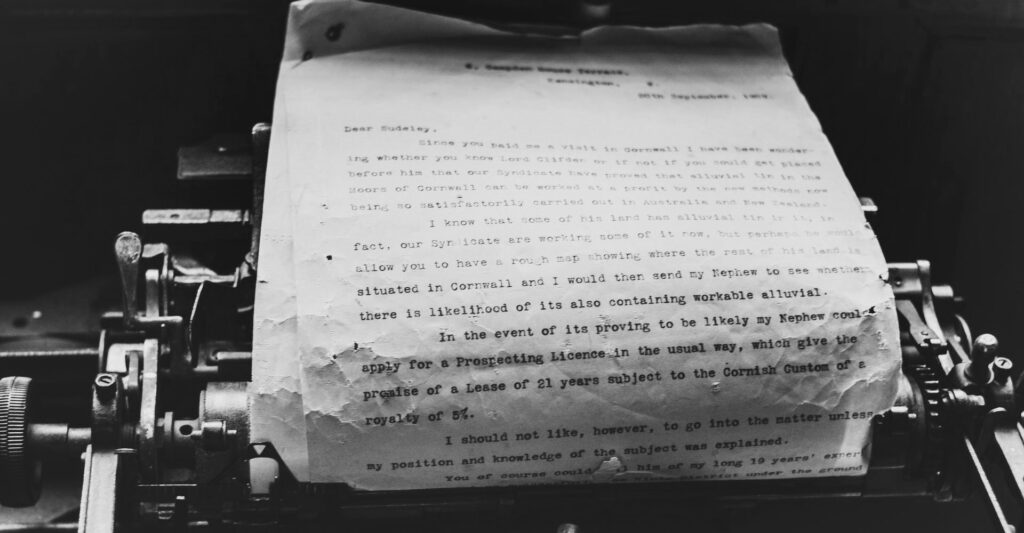
Overarticulate
One of the best ways to practice enunciation is over articulation. Pick up a random book or a script and read it as clearly and articulately as possible.
While reading slow down and focus on moving your face muscles fully. It’ll seem silly but you’ll train to use the full range of motion in your facial muscles and it’ll create a habit of enunciating better. Don’t speed up until you sound perfectly clear.
In addition, record yourself and check which syllables, words and sentences you struggle with. Note them down and keep working on them. You can enter those words in google translator and listen to them being voiced correctly so that you know how they’re pronounced.

Quite commonly we tend to lose the ‘g’ letter at the end of the word. It’s very common in words such as thinking, going, reading, etc. When listening to your recording check whether you have this bad habit, if so, focus on enunciating words that end with ‘g’ letter fully.
Tongue twisters
Tongue twisters are sentences with tricky enunciation. If you manage to articulate these tricky sentences a regular sentence should be quite easy to deal with. You’ll find some easy to hard tongue twisters here.
While articulating, focus on clear enunciation and then once you master it, speed up. Again, similarly to reading out loud, you can record yourself to figure out which tongue twisters you struggle with and then work on them.
In addition to bettering enunciation, it’ll help with breath control.
Pencil in a mouth exercise
Take a pencil or another similar object, however, make sure you won’t swallow it accidentally. Now bite on it and try reading a book or script out loud. It should become much harder and it’ll make your tongue work harder.
This exercise will help with tongue flexibility which is important for better enunciation.
Yawn and hum
Poor enunciation is often the result of tension within your vocal muscles. The best exercise to reduce tension in your mouth and facial muscles is yawning. To make it even better while yawning incorporate humming it should help to warm up and prepare your voice even better.
Notice how when you yawn and your muscles get relaxed the pitch of your voice goes significantly down and becomes deeper.
Slow down
Get in a habit of slowing down when you’re talking or reading. Fast-paced speech gives an impression of tension and uncertainty, also it makes you run out of breath faster and inhale sharply. With fast speech, words tend to mingle together and muddle up more causing a bad enunciation.
When you’re reading, keep a mental check that you’re not rushing. Recording yourself and checking words per minute could help to track how you’re doing in terms of pacing yourself.
Tongue stretches
While yawning helps with mouth and facial muscles, tongue stretches focus more on the tongue. These exercises will help to strengthen and loosen up your tongue to improve enunciation.
Here are some tongue exercises for better enunciation:
- Stretch your tongue out as far as possible, you can also stretch it to the sides
- Push the tongue against the back of your teeth and the roof of your mouth
- Using your tongue try to reach your nose and chin
Stretch your neck
Our vocal cords, glottis and larynx are all located in the neck areas, hence tension in the neck may affect your voice negatively. Stretching and relaxing your neck is important for stress relief and better enunciation. Try the following exercises to relieve the tension from your neck:
- Tilt your head up and down
- Look to both sides
- Rotate your head all around
- Get a neck massage
You can check out some more exercises to improve your speech and voice acting skills here. If you’re recording your voice some software tricks may help to improve the clarity of the recording, read more about it here. For a home recording equipment guide, read this article.
